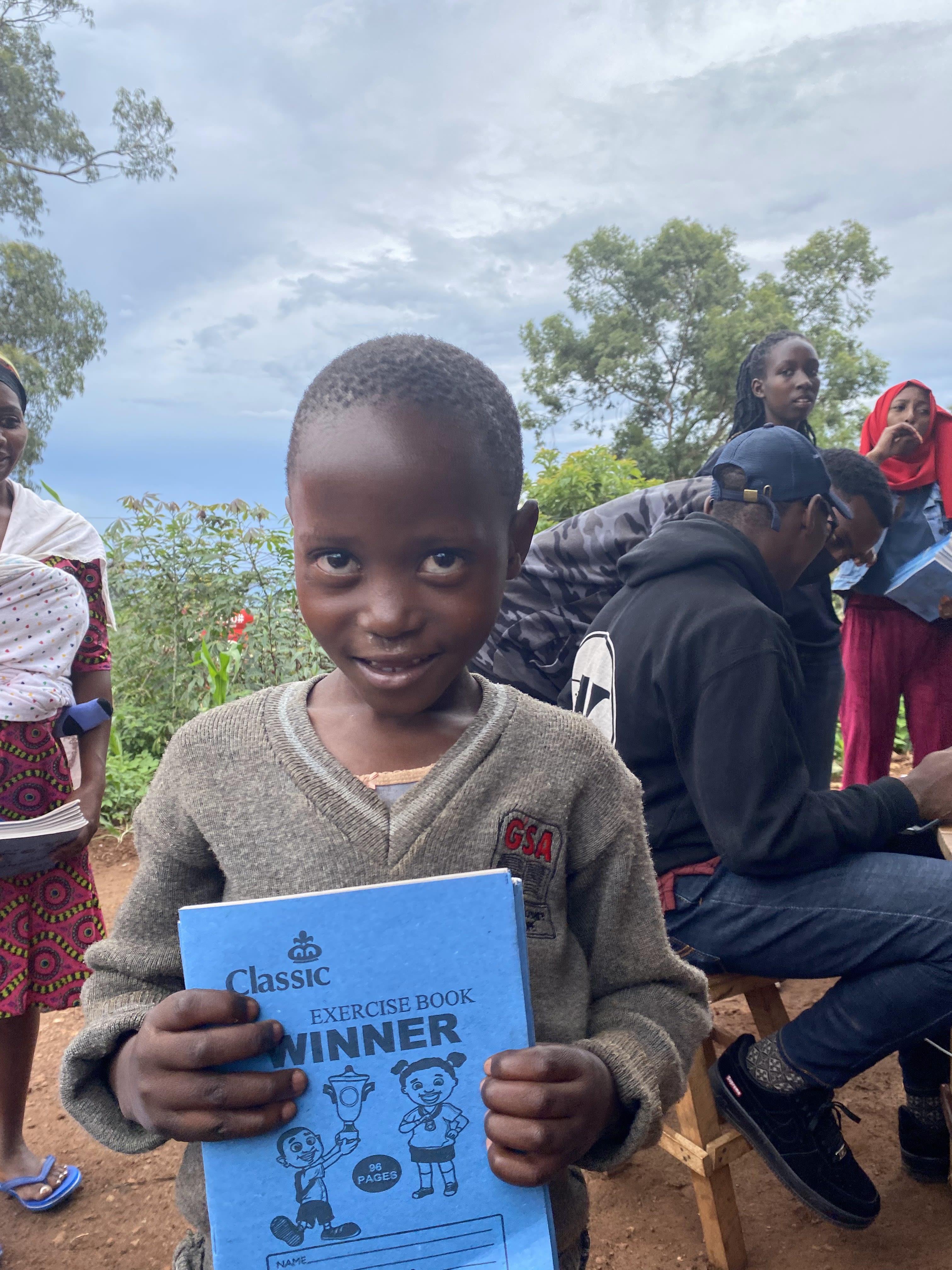Bakame AI
TCU entrepreneurial student uses AI to redefine learning
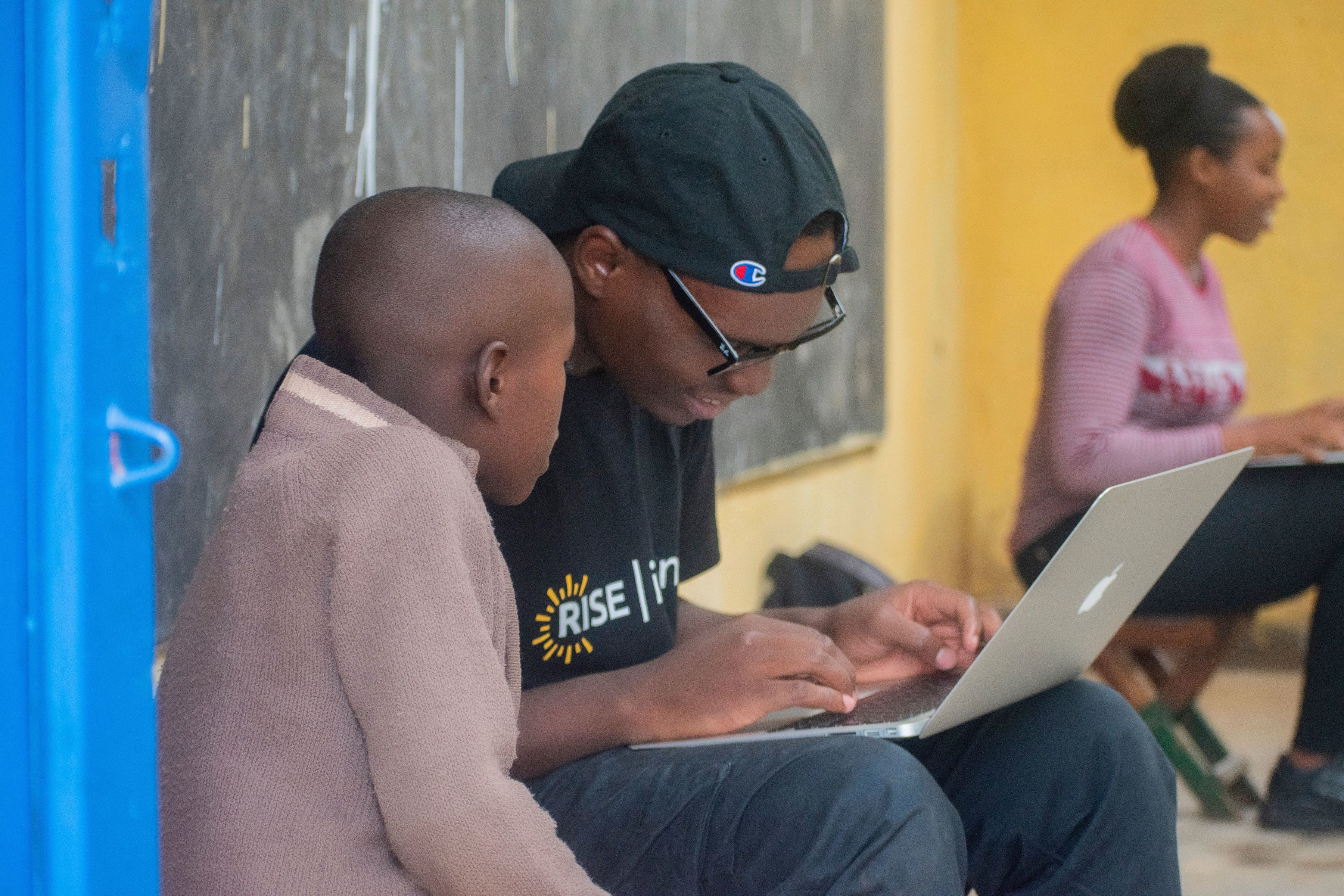
A TCU entrepreneur wants the change the course of one of the world's fastest developing nations, one still working to overcome economic challenges.
Rwanda is the homeland of Happy Herman Niyorurema, a junior economics major and entrepreneur.
Rwanda sits at No. 141 out of 149 economies in the world, according to Statista.
Herman, who's from Kigali Rwanda, had developed an AI learning tool that he hopes can lift some people from poverty.
Rwanda is ranked the No. 129 country by Statista for highest internet access and usage in 2021.
Twelve million Rwandans have access to a cellular phone as of 2023.
Most language learning tools require internet, a resource only 34.2% of Rwandans have access to.
Herman developed Bakame AI, which only requires a phone, which 97% of Rwandans already have.
The telephone.
Herman developed Bakame AI as an AI product that teaches students English on the telephone.
No internet and no cost, Herman said.
Step one, get the Bakame AI phone number.
Step two, dial the toll-free number.
Step three, converse on the phone with an AI driven chat bot.
The caller converses with an AI chat bot focused on teaching the caller their desired language.
The Bakame AI logo and namesake pays tribute to a Rwandan folklore rabbit that symbolizes wisdom. It is known in Rwandan folklore as the Bakame.
In March of 2020, Herman received a yellow paper that announced that the coronavirus had entered Rwanda and school was closed.
Several months into lockdown, boredom set in quickly with only books and chess to keep Happy and his siblings occupied.
That was until Happy’s uncle Remi offered him an escape: a computer.
Owning a computer for the first time in his life, Happy explored the internet.
That computer opened the door to opportunities like joining a debate team that represented Rwanda in global competitions and becoming a mentor for students trying to make their way into American universities.
That computer would eventually lead Happy to discover Texas Christian University, then-ranked as the No. 1 university in the United States for the happiest students.
Happy heeded his own advice to his mentees: Go somewhere where academics is not everything.
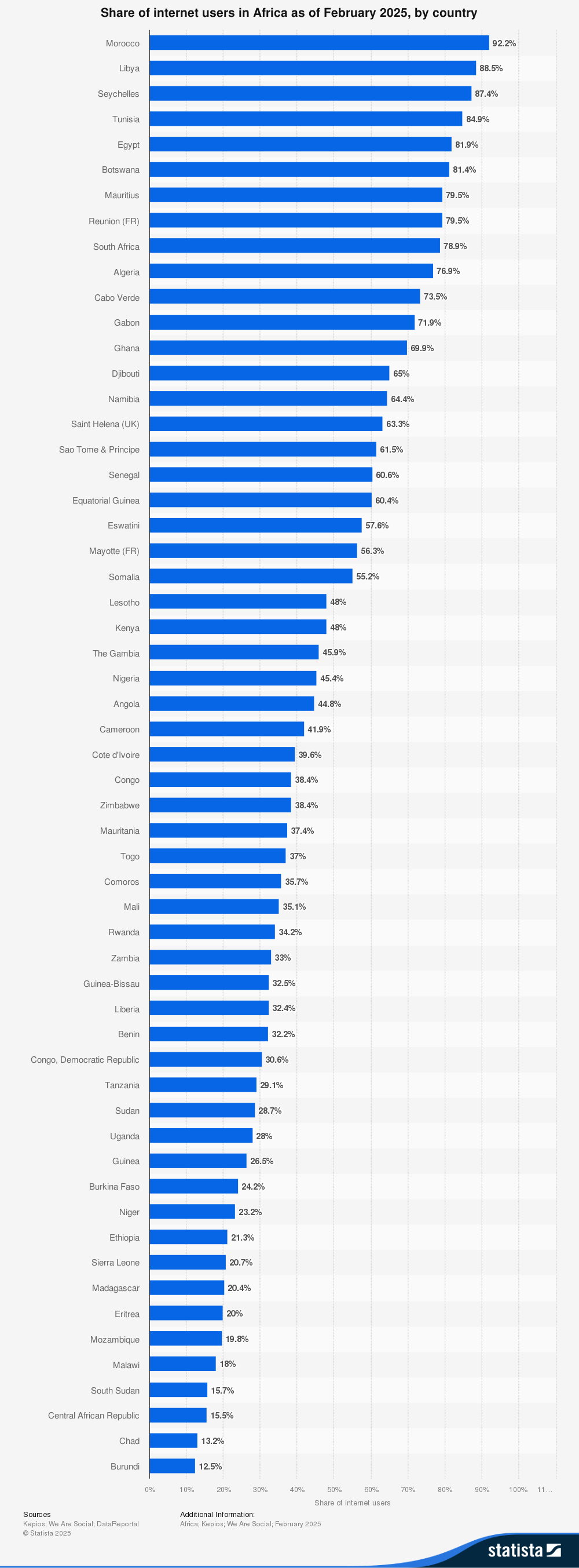

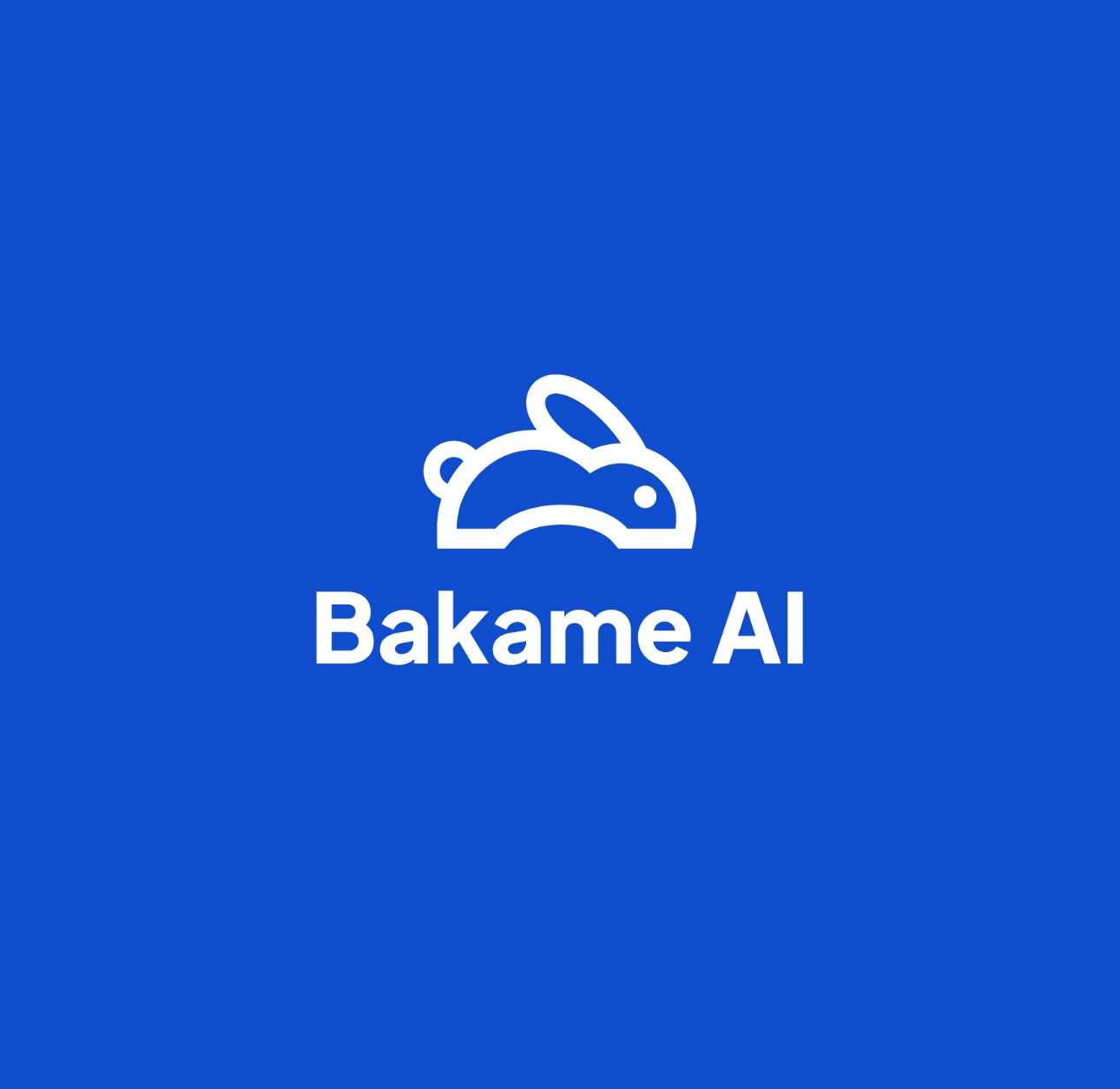
One year into COVID-19, the World Bank Group reported the Rwandan economy plunged into a recession.
Unemployment and rising costs to consumer necessities pushed families into poverty.
Many children struggled to stay in school during the pandemic, with families facing severe financial hardship.
UNICEF data reports that an estimated 45% of Rwandans are children.
In 2021, only 24% of those children were enrolled in pre-primary education programs, according to UNICEF.
Herman gave 1,000 Rwandan francs, equal to one United States dollar, to a young girl who Herman knew that like many Rwanda children, took to begging on the streets.
“When I came back later in evening, I saw Fiona being beaten for stealing food,” Herman said.
“The streets are unforgiving, and we should take them back to school,” Herman said. “We should, because at school, you're safe.
That’s when Happy Herman became part of the founding team of The Street Bridge in 2021, a nongovernmental organization focused on bringing children on the streets back to the classroom.
Even though Herman was able to bring Rwandan children back into the school system, he knew that it would not be enough.
“The school system was not sufficient enough to empower young people,” Herman said.
Many graduates struggled to find meaningful employment that matched their education. Without opportunities, some young people fell into cycles of poverty or crime, Herman said.
As of 2022, 36% of Rwandans aged 18 to 30 were unemployed and uneducated, according to UNICEF.
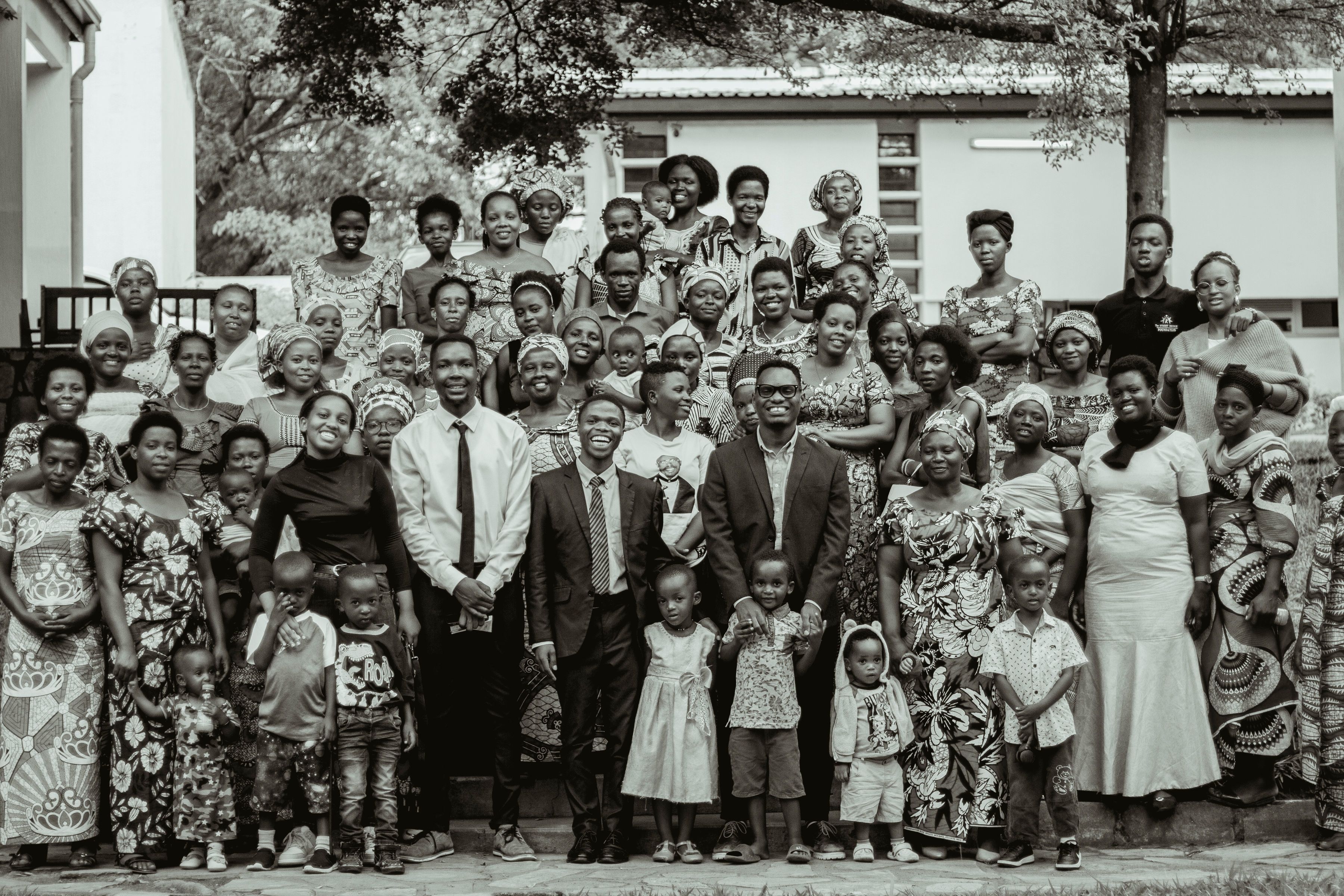
"We did not bring these children back into the classroom just to warm chairs," Herman said.
Street Bridge sought out to teach Rwandan students a new skillset, the English language.
Nine out of 10 kids in Rwanda cannot express themselves in English, Herman said. English makes people more competitive in the job market.
English became the official language taught in Rwandan schools in 2008, according to UNICEF.
Herman learned English while being schooled in the neighboring country of Uganda.
That's why African communities are often left behind in the world, they don’t know English, Herman said.
“The education we receive is not the degrees,” he said. “It's the 360 self of being able to express yourself and be productive in the economy.”
The Street Bridge partnered with Princeton University last summer to supply students with computers. Volunteers, including Herman, taught students how to use internet resources such as AI.
Herman still felt dissatisfied with the scale of impact he was making.
That's when he took to the CREATE program at TCU.

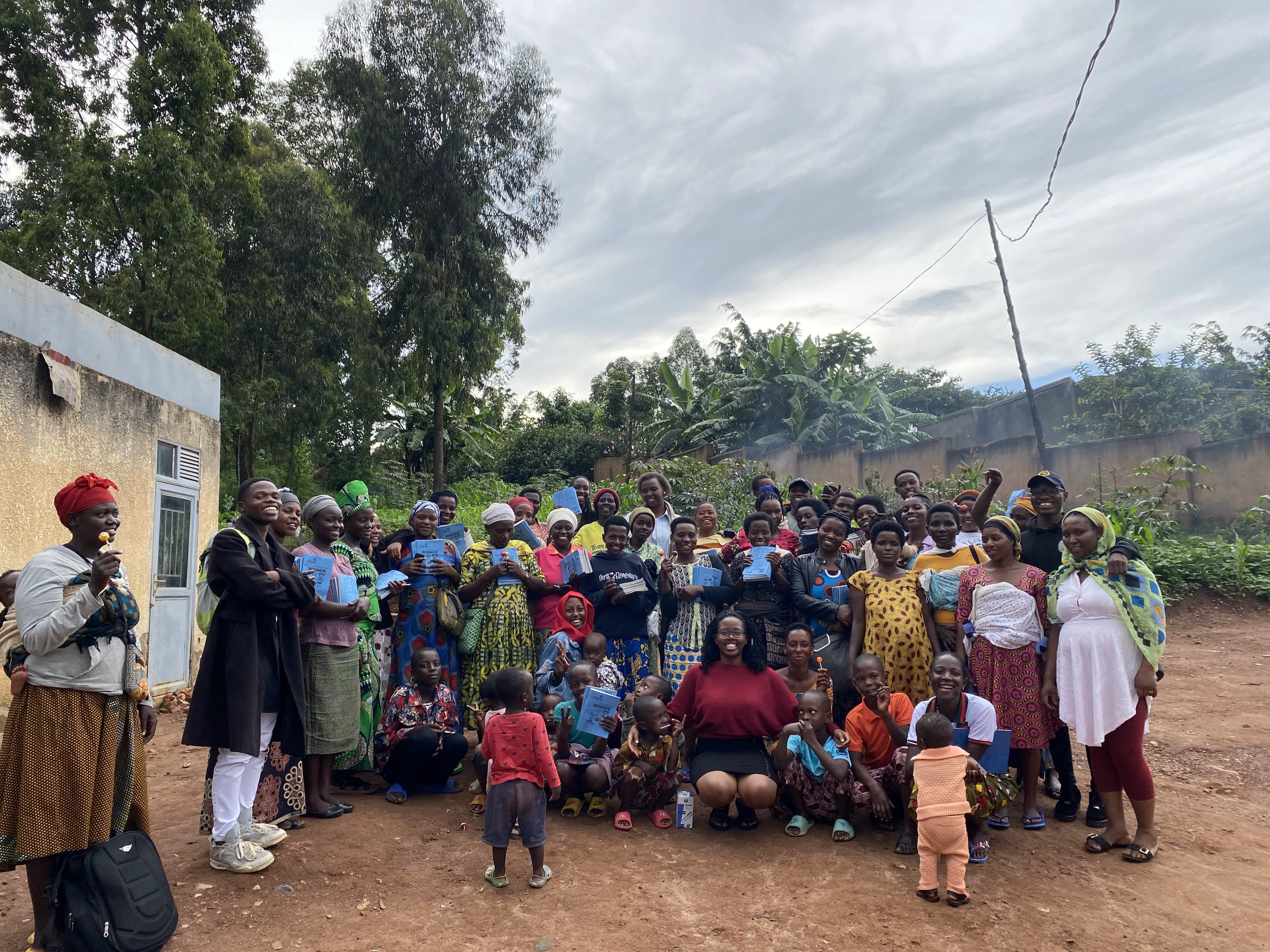
CREATE operates out of the Neeley School of Business Institute for Entrepreneurship and Innovation.
Paul Evans, associate director for the Institute for Entrepreneurship and Innovation, advised Happy he had to branch out of the NGO format.
For Bakame AI to reach consumers on a global scale, it needed to be a business.
CREATE program connected Herman to Angelo Baisi, founder of Solvably, and AI learning model designed to aid collaborative learning.
The goal is to get Bakame AI ready for market and success, Baisi said.
Baisi’s knowledge has been instrumental in the development of Bakame AI, Herman said.
Photo courtesy of Happy Herman
Photo courtesy of Happy Herman
The CREATE program provided Herman with $10,000.
Open to every major on TCU campus, the CREATE program provides TCU entrepreneurs with financial and advisory support to launch entrepreneurial ideas.
“Happy is an incredible student,” Evans said. “He epitomizes what we look for in an entrepreneur and exemplifies all that’s good about TCU.”
“I’m incredibly proud of him and, the most exciting part is knowing this is only the beginning,” Evans said.
Entrepreneurs present their business ideas in a pitch competition, vying for $50,000.
Herman pitched Bakame AI in April of 2025.
If awarded $50,000, it won’t go towards building his business but rather marketing it.
If Bakame AI works in Rwanda, Herman plans to take it on the global scale.
Currently Bakame AI is set to be tested on five Rwandan schools with a total of 1,000 students this summer and aims to have 10-to-20 schools in Rwanda using Bakame AI by Dec. of 2025.
If Bakame AI works in the Rwandan schools, Herman plans to sell Bakame AI to the Rwandan government.
If purchased by Rwandan government, Rwandan taxpayers enjoy Bakame AI for free.
To reach his desired global scale, Herman hopes neighboring countries acquire Bakame AI for their taxpayers.
"A domino effect," Herman said.
“Even if you're living in the worst life conditions, there is still a promise that you can learn,” Herman said. “The promise of education is the one that motivates people.”
What started as a coronavirus lockdown and his very first computer turned into an entrepreneur redefining the value of education.
